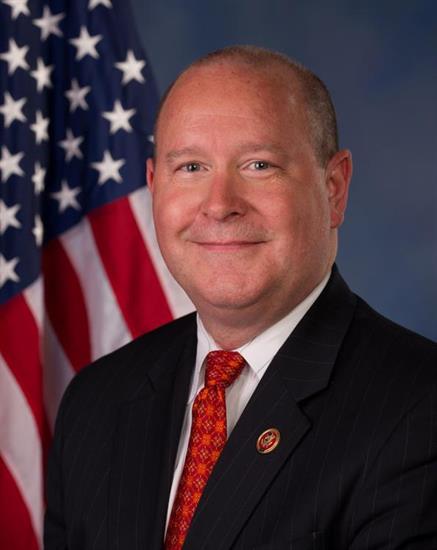In the News
Perry eyes innovation as answer to mitigating coal's demise in fuel mix
Washington,
March 29, 2019
"Looking 10 years into the future and saying this is what it's going to look like is a fool's errand," Perry said, and referenced peak oil talks in 2005 when people believed US oil production was over. Thinking coal is done shows a lack of regard for American innovation and discounts research into carbon capture and utilization and other technologies that would allow coal plants to operate with lower carbon emissions, he added. "Don't throttle America's ingenuity," Perry continued at an event hosted by RealClearPolitics and sponsored by the coal lobby, during which he also expressed his support for natural gas and renewable energy. SAUDI CONCERNSHe also took the opportunity to talk up the US nuclear fleet and quell recent reports that the administration was trying to end-run Congress on nuclear energy transfers to Saudi Arabia. The departments of Energy and State issued seven authorizations since November 2017 for US nuclear energy companies to share information with Saudi Arabia, ahead of agreement on anti-proliferation terms and without disclosure to the public or Congress. Perry said DOE followed the law and suggested that the controversy has more to do with confusion over the difference between DOE rules found at 10 CFR Part 810 that specify a process for the treatment of requests to export non-classified nuclear technology and assistance and Section 123 of the Atomic Energy Act, which covers agreements required for most forms of trade in nuclear reactors and equipment. "We're not going to go into a civil nuclear program with someone that doesn't sign a 123 agreement," Perry said, adding that discussions are ongoing between the US and Saudi Arabia to reach such an agreement as the Middle Eastern country advances in a tender to select a vendor for its first two nuclear power reactors. "I'm very bullish on the energy industry in a lot of different ways," he said. "I think we owe it to future generations from an economic ... global environment ... [and] humanitarian standpoint to continue to have this all-of-the-above strategy for energy." SUBSIDIES, REGULATION BLAMEDA panel of policymakers speaking at the event ahead of Perry, however, stressed the need to curb further retirements of coal plants and blamed subsidies and regulation, combined with an abundance of cheap natural gas, for coal's decline. Representative David McKinley, Republican-West Virginia, contended that keeping coal in the fuel mix was "a matter of national security," and said "we have to make sure we address it in that fashion and not allow the environmentalists and government regulation to continue to shut down and put pressure on our coal-fired power plants." He pointed to technological advances in capturing carbon as key to making the environmental groups happy and attracting Wall Street investors to fund new coal projects, and advocated for putting more money into innovation in that field. "If we can do that, we will be able to at least maintain our coal mix and maybe increase it," he said. Representative Larry Bucshon, Republican-Indiana, conceded that the energy landscape is transitioning more toward renewables but cautioned against forcing that transition too quickly. "I think a light touch at the federal level, except on the cyber issue, is the way to go," Bucshon said. "I think the extent we can allow the market to work and have an appropriate and fair regulatory climate here in Washington, DC, is the best approach." Jasmin MelvinS&P Global |


